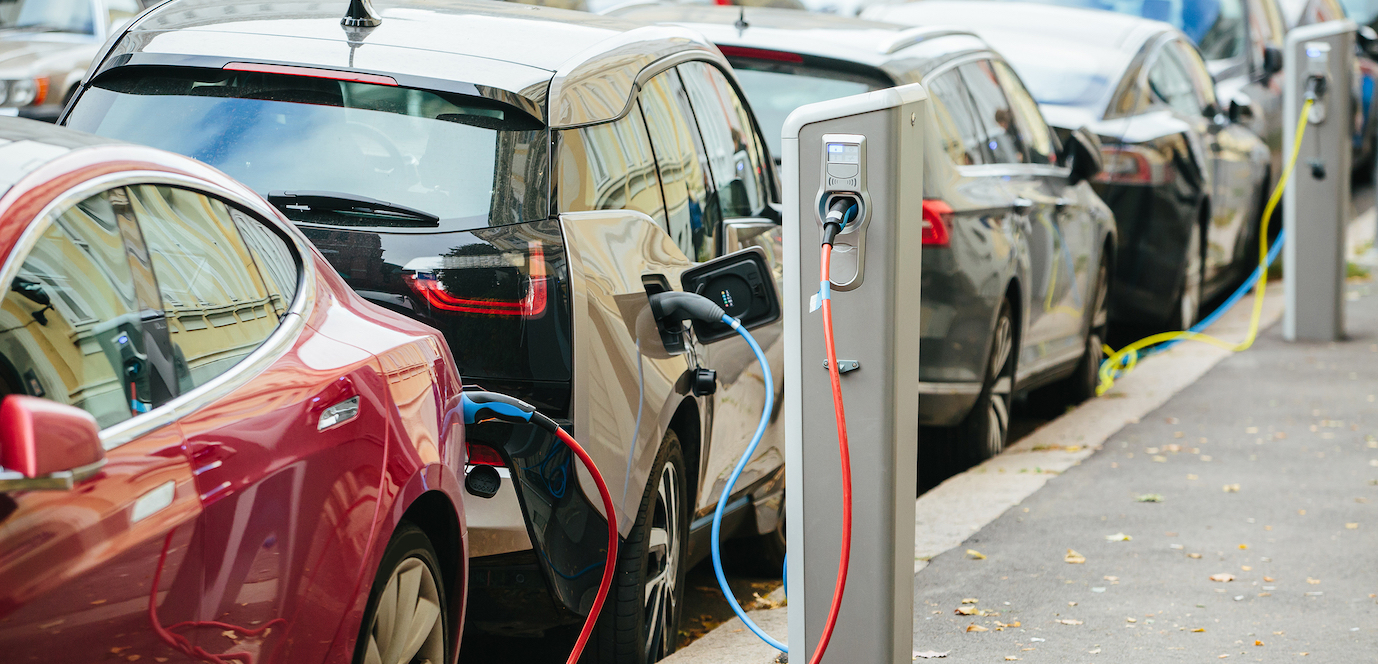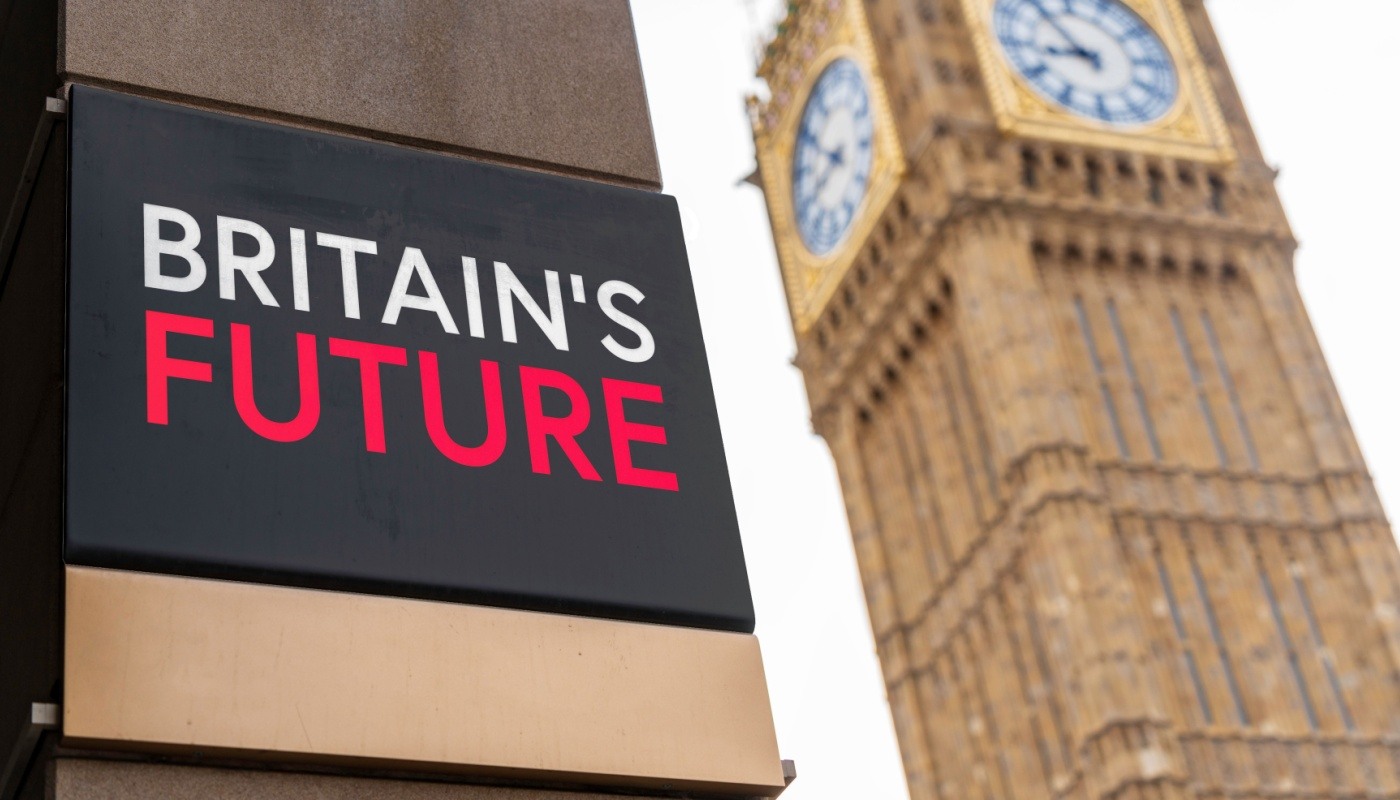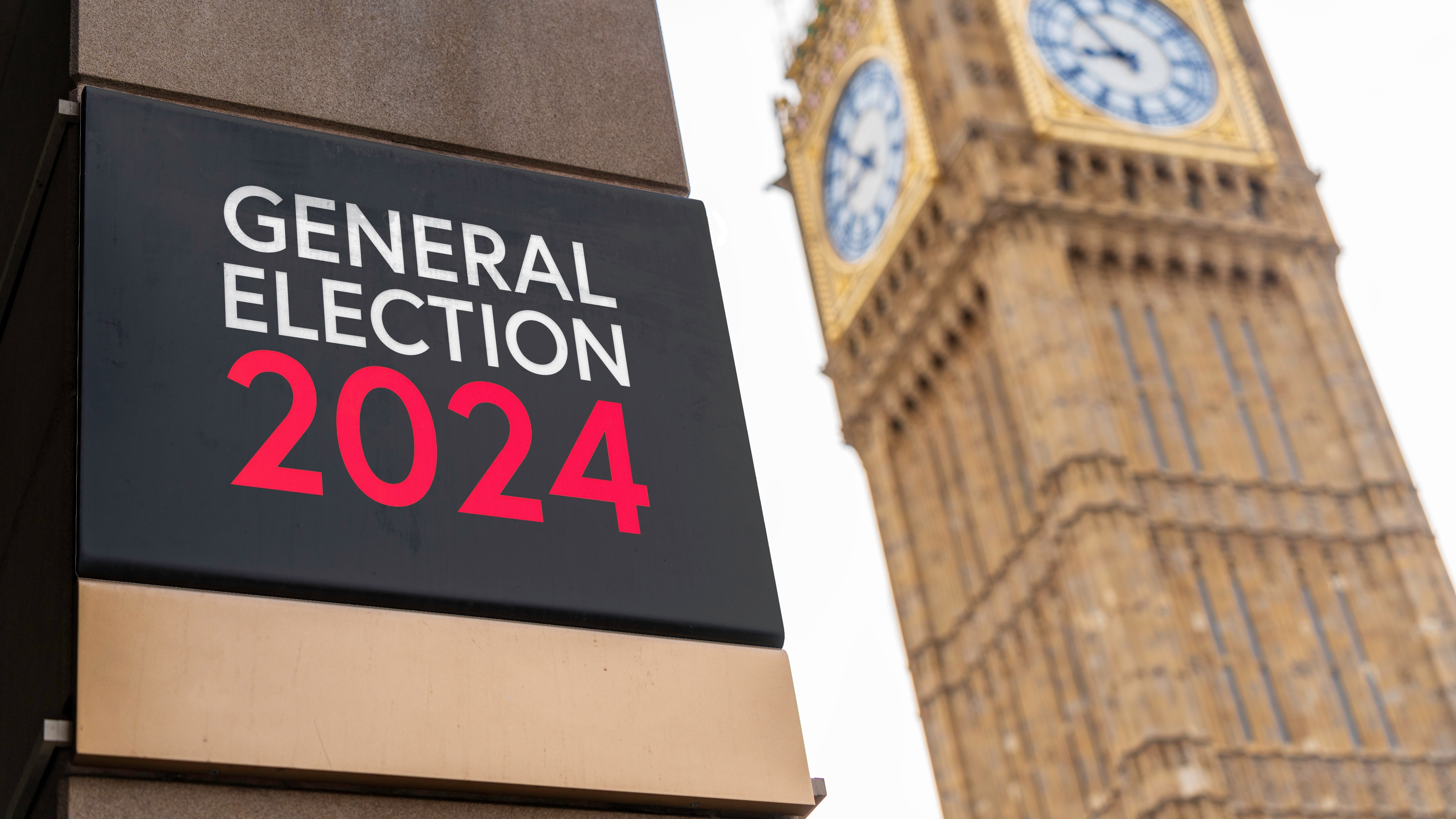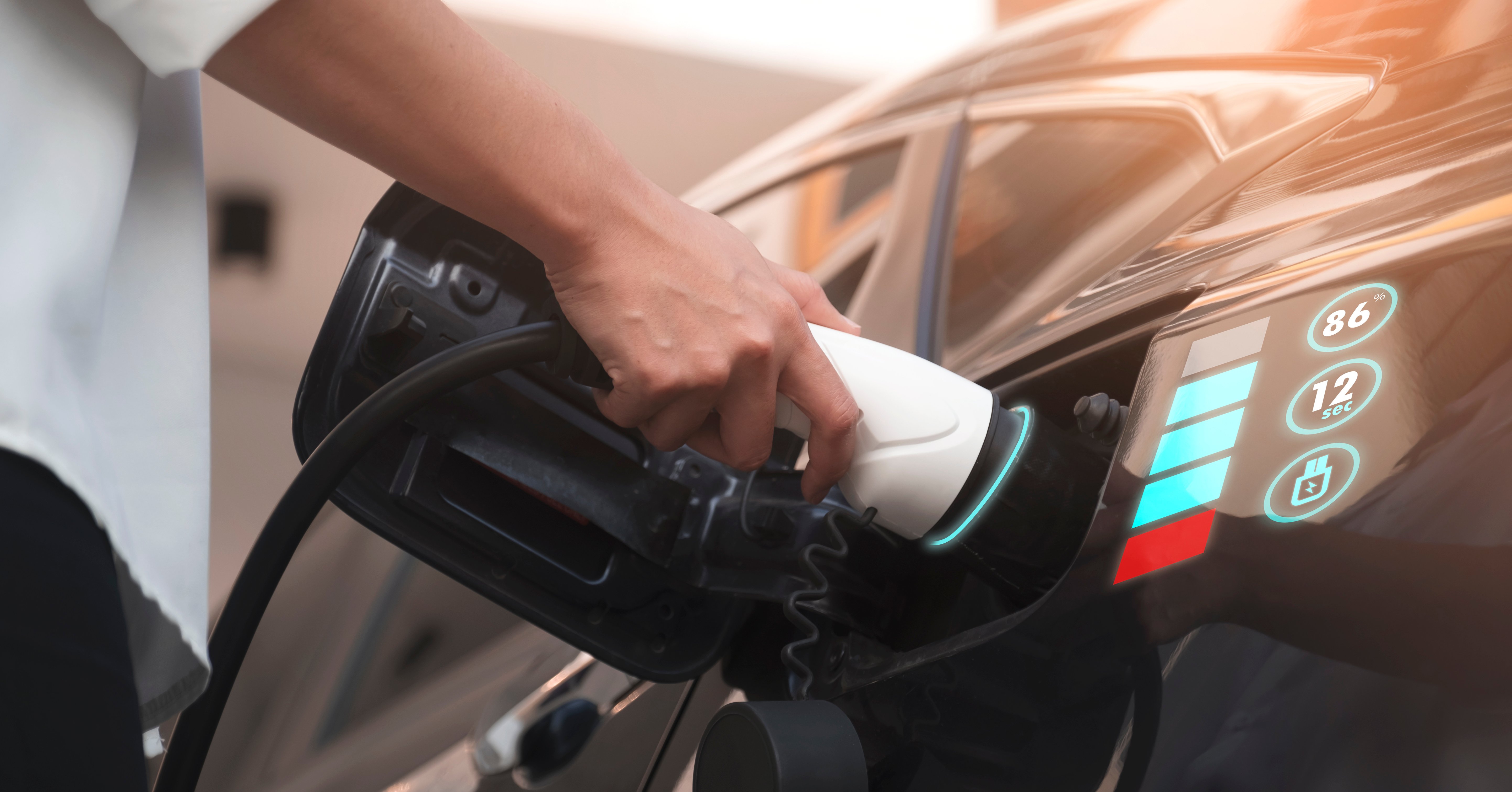Competition between EV charging firms gets political
by Inline Policy on 03 Jan 2019
Today’s Financial Times reports on the developing conflict between UK electric vehicle charging market leader Ecotricity and its competitors. This points to a significant challenge for the Government’s efforts to establish a reliable national network of charging points that can underpin consumer confidence to switch away from petrol and diesel.
Ecotricity enjoys a significant first mover advantage in establishing electric vehicle (EV) charging points at motorway service stations, with long term deals with the three major service station providers. The company’s critics and competitors highlight that many of the charging points are based on older technology and are not sufficiently reliable to give consumers confidence in driving an EV over a longer journey.
Some of these critics have now written to the Competition and Markets Authority setting out their concerns and are warning that Ecotricity’s position endangers the Government’s targets for getting consumers to switch to EVs and hybrids. This is evidence of how the competition between charging providers is heating up. It is also interesting to note that car manufacturers and of course traditional fuel providers are also involved given their intense focus on EV charging infrastructure and how it will affect their businesses.
Is the CMA likely to do anything?
There are relatively limited competition law tools available to the Competition and Markets Authority (CMA) to intervene in this sort of case given the market is still quite niche and, mergers aside, competition law is applied ex post (after the event) rather than ex ante (before the event). The CMA could launch a market investigation, but again the small size of the existing market, the presence of other charging sources off the motorways, the likelihood of these alternative sources increasing in the short term, and the many competitors in the broader EV charging market mean this is unlikely to be a high priority for the CMA’s limited resources.
A CMA intervention might be more likely if there was evidence of actual consumer harm taking place, for example due to extortionate prices being charged for use of Ecotricity’s motorway chargers. However, there is a broader political context here. The cost of fuel at motorway service stations has been the subject of political campaigns in the past, most recently in March 2018 when Transport Secretary Chris Grayling publicly wrote to the CMA to ask them to investigate. The CMA declined, arguing that measures to make information about fuel prices available to drivers were preferable to an investigation. Given this stance, an intervention in relation to EV charging seems highly unlikely.
Why political intervention in this sector matters
A widespread and reliable EV charging infrastructure is obviously a key requirement if the Government is going to achieve its targets for ultra-low emission vehicles and in its Road to Zero strategy document the Government launched a £400m Charging Infrastructure Investment Fund. As such, concerns about the sustainability of charging point infrastructure providers are likely to attract the attention of the Department for Transport given the role of the public sector in supporting the development and roll-out of private sector charging infrastructure. As funding decisions are made, the Government will want to ensure that the business models being developed are sustainable, so engagement with the policymakers is crucial for any companies looking to make an impact in the EV charging sector.
While there are many nimble start-ups contesting this sector, it will take a long time before any of the EV charging companies are likely to make a profit. This perhaps creates an opportunity for existing fuel providers and car manufacturers, who have well-established businesses with deeper pockets, to step into the fray and offer a more stable and sustainable solution to policymakers.
With everything to play for commercially, we are likely to see much more of these political and PR campaigns by the EV charging providers.
Topics: Competition and Markets Authority, Energy policy, Competition policy, Electric vehicles, Transport, Mobility, David Abrahams






Comments